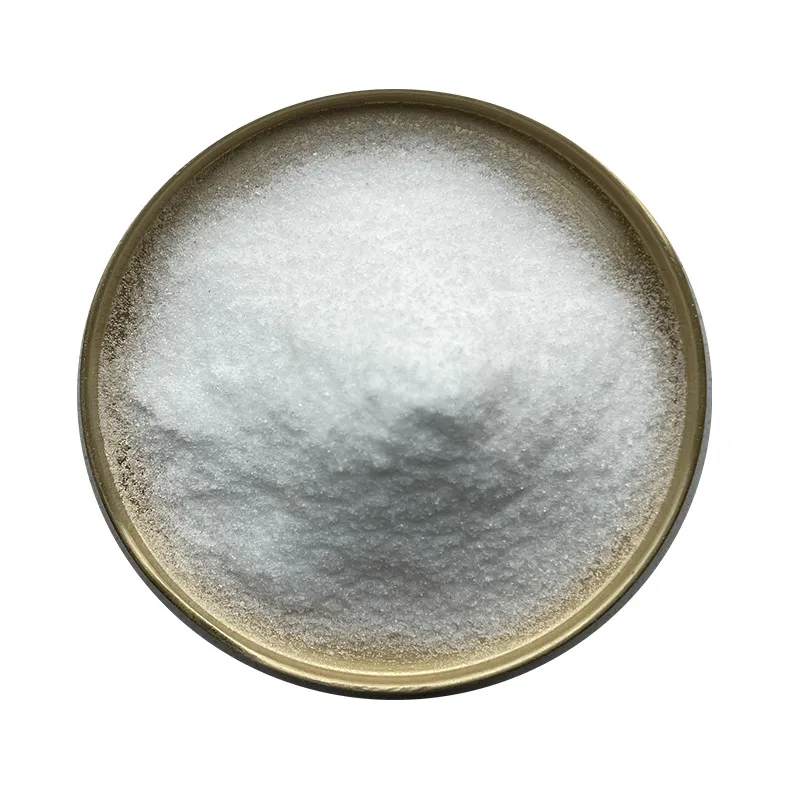Warning: Undefined array key "title" in /home/www/wwwroot/HTML/www.exportstart.com/wp-content/themes/1198/header.php on line 6
Warning: Undefined array key "file" in /home/www/wwwroot/HTML/www.exportstart.com/wp-content/themes/1198/header.php on line 7
Warning: Undefined array key "title" in /home/www/wwwroot/HTML/www.exportstart.com/wp-content/themes/1198/header.php on line 7
Warning: Undefined array key "title" in /home/www/wwwroot/HTML/www.exportstart.com/wp-content/themes/1198/header.php on line 7
- Afrikaans
- Albanian
- Amharic
- Arabic
- Armenian
- Azerbaijani
- Basque
- Belarusian
- Bengali
- Bosnian
- Bulgarian
- Catalan
- Cebuano
- China
- China (Taiwan)
- Corsican
- Croatian
- Czech
- Danish
- Dutch
- English
- Esperanto
- Estonian
- Finnish
- French
- Frisian
- Galician
- Georgian
- German
- Greek
- Gujarati
- Haitian Creole
- hausa
- hawaiian
- Hebrew
- Hindi
- Miao
- Hungarian
- Icelandic
- igbo
- Indonesian
- irish
- Italian
- Japanese
- Javanese
- Kannada
- kazakh
- Khmer
- Rwandese
- Korean
- Kurdish
- Kyrgyz
- Lao
- Latin
- Latvian
- Lithuanian
- Luxembourgish
- Macedonian
- Malgashi
- Malay
- Malayalam
- Maltese
- Maori
- Marathi
- Mongolian
- Myanmar
- Nepali
- Norwegian
- Norwegian
- Occitan
- Pashto
- Persian
- Polish
- Portuguese
- Punjabi
- Romanian
- Russian
- Samoan
- Scottish Gaelic
- Serbian
- Sesotho
- Shona
- Sindhi
- Sinhala
- Slovak
- Slovenian
- Somali
- Spanish
- Sundanese
- Swahili
- Swedish
- Tagalog
- Tajik
- Tamil
- Tatar
- Telugu
- Thai
- Turkish
- Turkmen
- Ukrainian
- Urdu
- Uighur
- Uzbek
- Vietnamese
- Welsh
- Bantu
- Yiddish
- Yoruba
- Zulu
Nov . 18, 2024 01:25 Back to list
Understanding the Health Impacts and Uses of Aspartame in Medicine and Nutrition
The Science and Controversy Surrounding Aspartame in Medicine
Aspartame, a low-calorie artificial sweetener, has been at the center of heated debate since its discovery in the 1960s. Used widely in food and beverage products, as well as in some medicinal formulations, aspartame's safety and potential health effects have been scrutinized by researchers, health officials, and the public alike.
Aspartame is composed of two amino acids phenylalanine and aspartic acid. When consumed, it is broken down into its constituent parts, which the body uses much like any other protein. Because it is significantly sweeter than sucrose (table sugar), only a small amount is needed to achieve the desired sweetness, thereby reducing caloric intake. This quality has made aspartame a popular choice in numerous diet products, such as soft drinks, sugar-free gum, and various snacks.
The Science and Controversy Surrounding Aspartame in Medicine
Despite its widespread use, aspartame has been associated with a persistent controversy regarding its safety. Some individuals report sensitivity to aspartame, experiencing symptoms such as headaches, dizziness, and gastrointestinal issues after consumption. These anecdotal reports have led to inquiries into the sweetener's effects on the central nervous system and overall health.
aspartame medicine

Regulatory agencies, including the U.S. Food and Drug Administration (FDA), the European Food Safety Authority (EFSA), and the World Health Organization (WHO), have conducted extensive reviews of aspartame. The consensus among these organizations is that aspartame is safe for human consumption within established daily intake levels. For example, the FDA has set an Acceptable Daily Intake (ADI) of 50 mg per kg of body weight. To put that in perspective, a person weighing 70 kg (approximately 154 lbs) would have to consume an unrealistic amount of aspartame to exceed this limit—about 19 cans of diet soda in a single day.
However, the issue is further complicated by studies suggesting a potential link between aspartame and various health concerns, including cancer and neurological disorders. These studies often generate media attention, leading to public uncertainty despite the backing of scientific evidence favoring aspartame's safety.
Moreover, individuals with the genetic disorder phenylketonuria (PKU) must avoid aspartame altogether. This is due to their inability to metabolize phenylalanine, leading to harmful accumulations in the body.
In conclusion, aspartame remains a widely used sweetener with applications that extend into medicinal fields, particularly in weight management and diabetes control. While regulatory authorities endorse its safety for the general population, ongoing research and public skepticism will likely continue to foster debate. Individuals must be informed and make personal choices based on their health needs and preferences. As science evolves, so too will our understanding of substances like aspartame, potentially reshaping its role in both medicine and daily life.
Latest news
-
Certifications for Vegetarian and Xanthan Gum Vegetarian
NewsJun.17,2025
-
Sustainability Trends Reshaping the SLES N70 Market
NewsJun.17,2025
-
Propylene Glycol Use in Vaccines: Balancing Function and Perception
NewsJun.17,2025
-
Petroleum Jelly in Skincare: Balancing Benefits and Backlash
NewsJun.17,2025
-
Energy Price Volatility and Ripple Effect on Caprolactam Markets
NewsJun.17,2025
-
Spectroscopic Techniques for Adipic Acid Molecular Weight
NewsJun.17,2025

